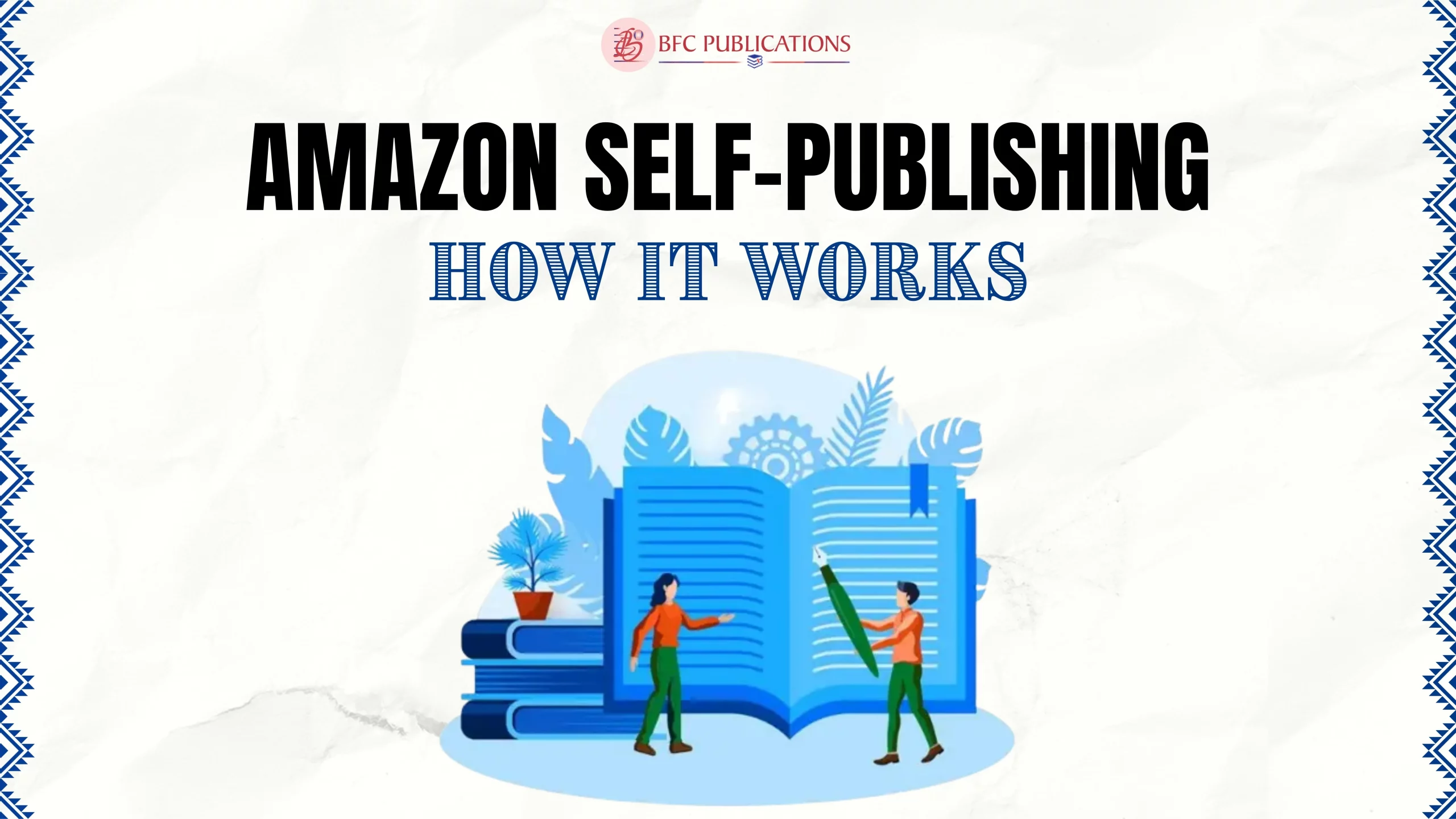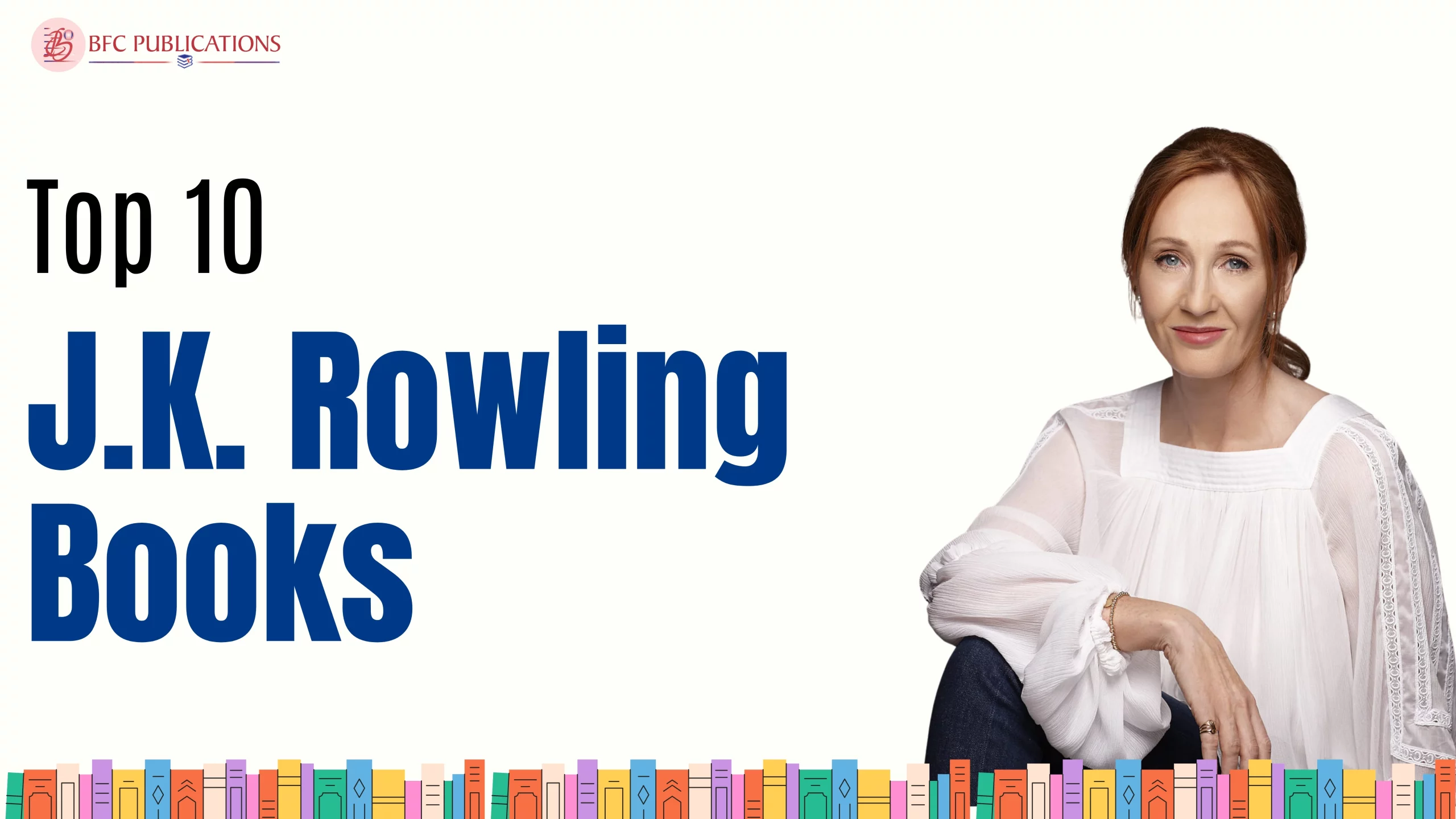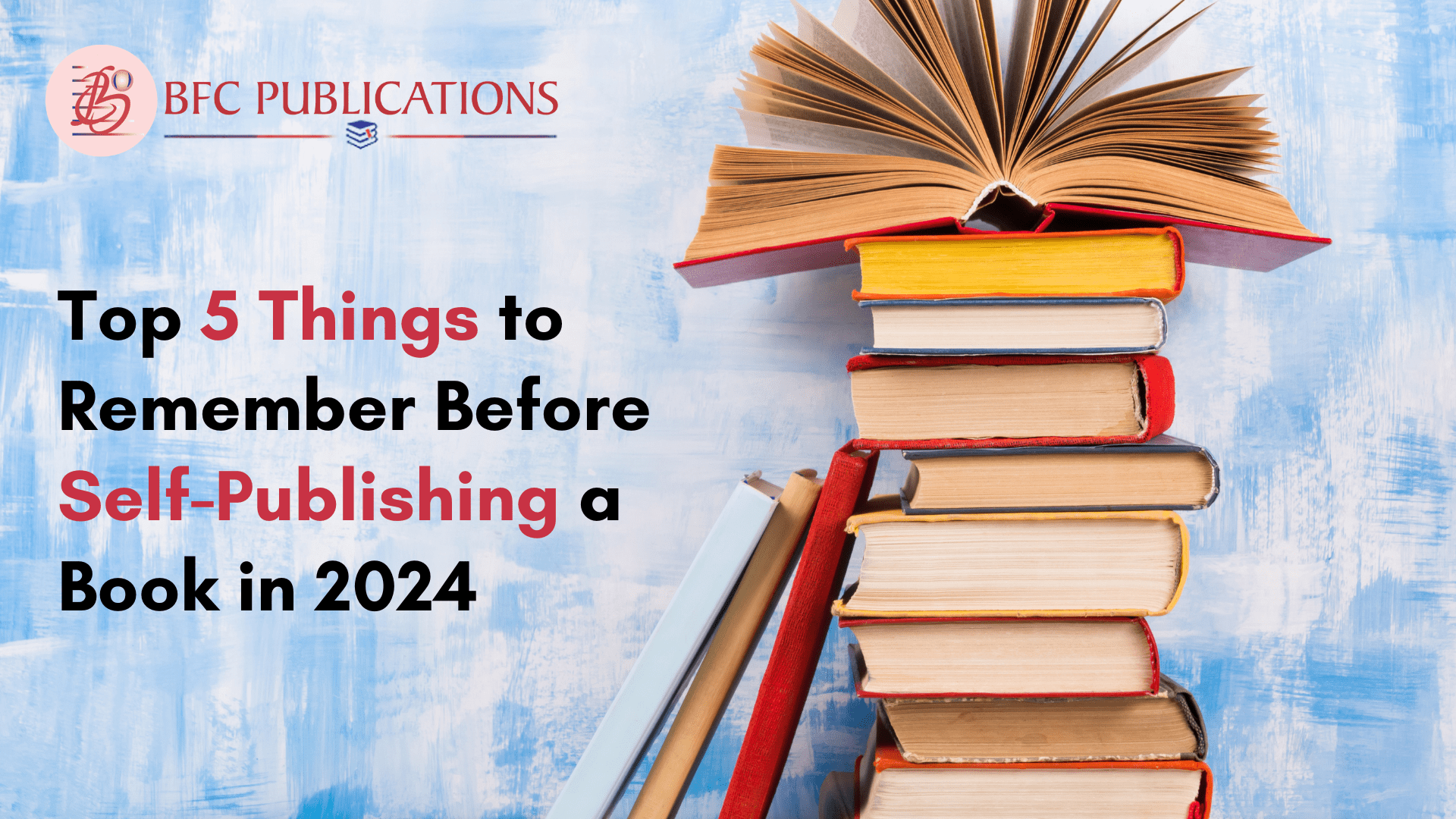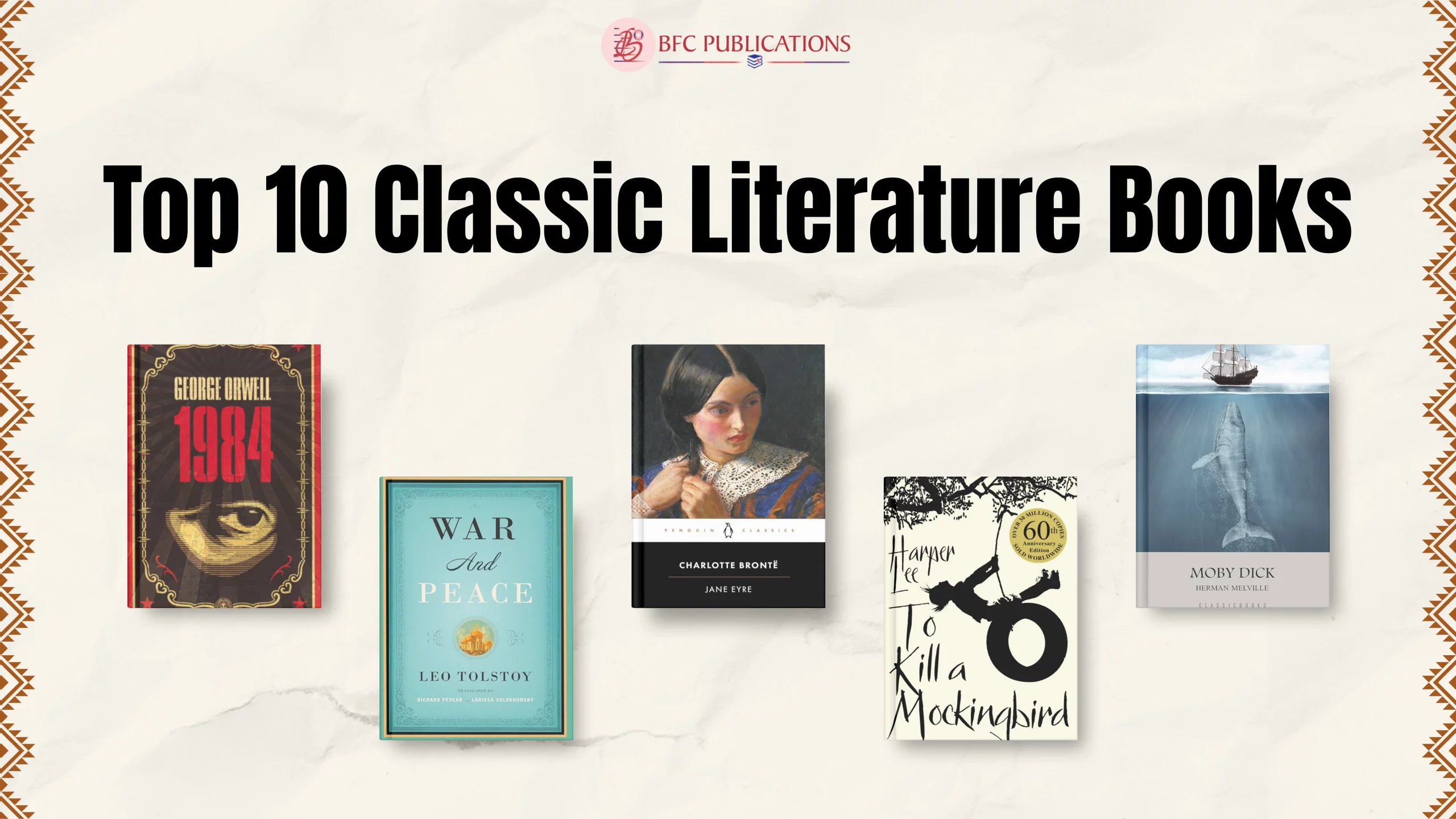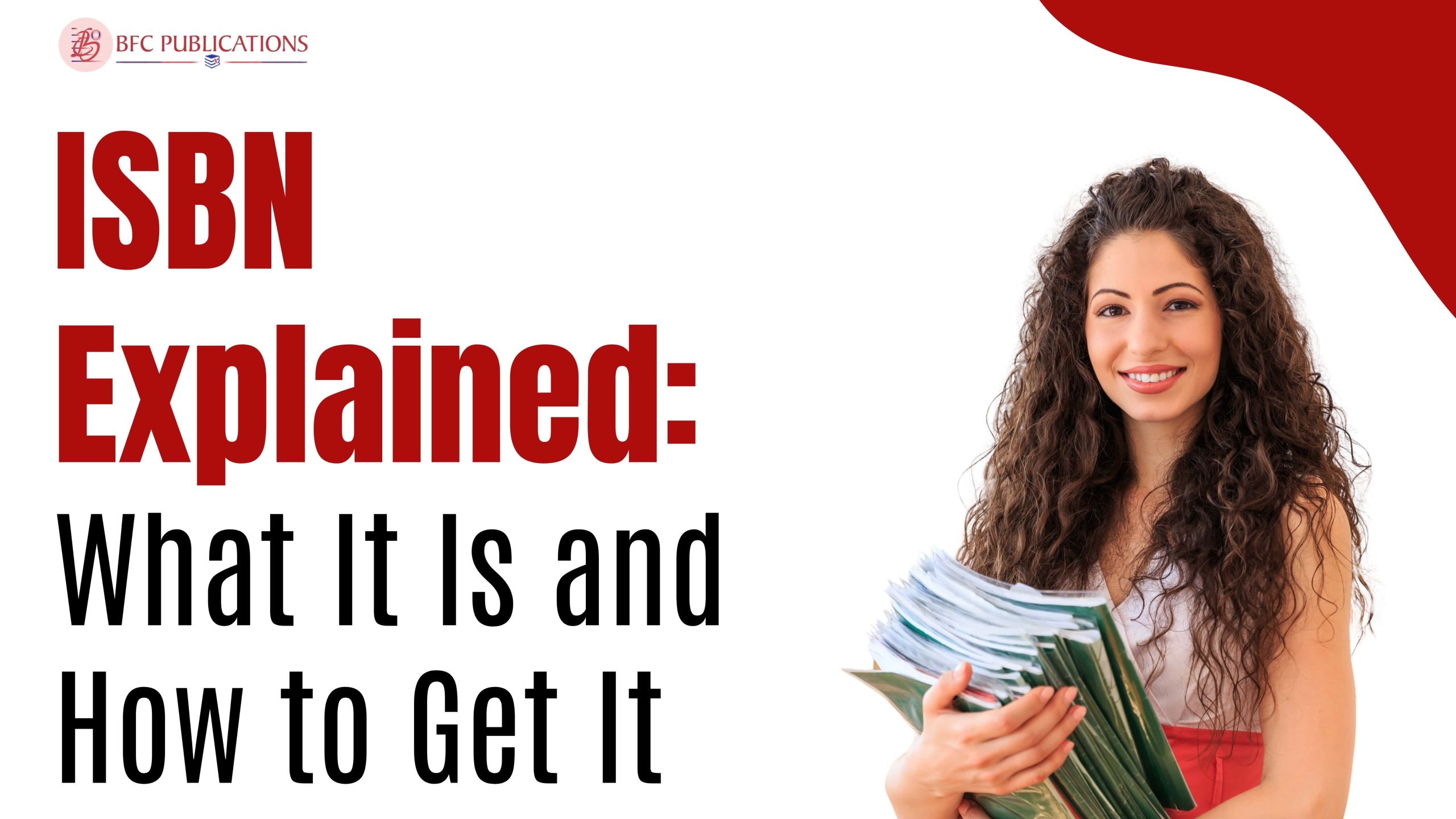Wide-spread accolades and a movie deal, this what the success of The Immortals of Meluhatranslated to for Amish Tripathi. Similar success followed Ashwin Sangh once his debut novel, The Rozabal Line hit the stores. Besides announcing the arrival of these authors, these two debut works of fiction also split open the literary domain of India; pushing a large number of aspiring Indian authors towards a book; consequently giving birth to new storytellers, new Goliaths to kill, and new heroes born. Let’s dig deeper to better understand the various aspects of self-publishing and its benefits.

Why self-publishing a book is a step in the right direction?
It is Cost-effective
Under traditional publishing, a certain volume of book copies must be printed to keep the printing cost manageable. This subsequently translates into additional distribution worries for the publisher as the money invested needs to be recovered through sales. This is a major reason behind old-school publishers refraining to publish first-time authors, as they usually do not have a following in place, and therefore cannot contribute to market the book.
Self-publishing, on the other hand, is backed by print-on-demand, wherein book copies are published actively based on market response and demand. This cost-effectiveness facilitates ease of publishing, especially for newbie authors, and also lifts the unwanted pressures of book distribution that accompany paperback publishing.
On the downside, however, so to speak, the distribution responsibilities that under the traditional model are taken up by publishers, need to be shouldered by the authors to a great extent.
It offers superior Creative Control
Under traditional publishing, the creative control lies with the publishing house, since the risks and costs involved are borne by the former. This, however, is not the case with self-publishing. Herein the remote is in the hands of the author, who masterminds all the creative aspects of the book, its content, and the exclusions to be made.
Facilitates large Showcase
Traditional publishers have pre-pledged collaborations that they need to honor when it comes to books distribution, which can limit your book’s visibility. Self-publishing a book can, however, lift that burden off your shoulders, as the book is usually listed for purchase on most of the appropriate platforms, be it Amazon, Flipkart, Google Play Books, Amazon Kindle, or your local bookstore. This, however, can limit the showcase secured for your book, since conventional publishers have a relatively more elaborate network of offline bookstores at their disposal. This is why it is of utmost importance that all distribution aspects be discussed in advance and in great detail when shortlisting a publishing house.
Offers a Longer Shelf Life
Unlike traditional printing, wherein book copies are published for a maximum of two-three years before they are done away with; print on demand books have a lasting showcase. The books are listed for sale on most of the relevant platforms, where they remain showcased indefinitely, which allows books as well as authors sufficient opportunity to find an audience.
Better Profits
Authors receive only a portion of their book’s total worth under the orthodox publishing model. The quantum of this payout is decided by the publishing house, with little to no room for negotiations. Usually, this amount is close to 10 percent of the total sales proceeds. This sometimes can leave authors with a bad taste in the mouth, especially if the book turns out to be a success. Self-publishing a book gives authors much-needed autonomy in this matter, meaning they are the ones to decide the selling price of the book and are entitled to receive almost every penny earned through royalties.
Safeguards Intellectual Rights
See, you’ve got to understand that publishing is a business, and the publisher printing your book will look to leverage your dependence on him for his maximum benefit. Consequently, the terms of the contract you’ll be signing are likely to lean in his favour, intellectual rights included. Long story short, the publisher is likely to hold a majority of your book’s rights and therefore will stand to gain the most in case it is picked up as a movie, or television show script. Self-publishers, on the other hand, do not stand to benefit in such a situation since they are paid for their services by the author.
So there you have it, the aspects to be considered when self-publishing a book in India. Hopefully, you liked the ideas and inputs discussed in this post. Let us know what you think about them by sharing your feedback in the comments section. You can also reach out to us by visiting our Contact Us page.
